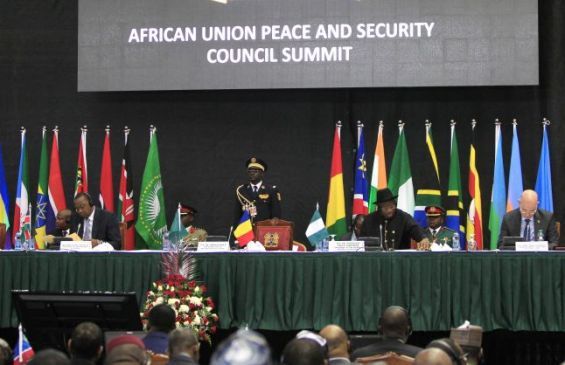According to the latest issue of the Official Bulletin, Morocco has ratified the protocol marking the establishment of the African Union Peace and Security Council, concluded on the 9th of June 2002 in Durban, South Africa. The kingdom signed the document on November 13, 2017 in Addis Ababa, almost one year after joining the pan-African organization.
This official ratification paves the way for Morocco to apply for the leadership of the continental council, especially in such a favorable context. On March 31, North Africa is expected to leave two seats inside the institution and Algeria’s term is going to expire, indicates an AU document. South Africa, Chad, Burundi, Niger, Rwanda, Sierra Leone, Togo and Uganda are also affected by this headline.
Algeria and the UN Security Council
The departure of Algeria gives Morocco a real opportunity, joining the fifteen countries at the UN Peace and Security Council. Although taking advantage of this opportunity wouldn’t be easy, the Kingdom’s chances remain high as countries like Mauritania and Tunisia are unlikely to apply for the same position.
Meanwhile in Algeria, the time has come to examine ways in which the country can make up for the loss of its seat in the PSC. On Monday, 22nd of January, Abdelkader Messahel revealed in to the daily newspaper, El Khabar, that his government intends to present this year its application to join the United Nations Security Council on behalf of the Africa zone.
For the record, starting from 2019, non-permanent members' terms at the UN Security Council will be extended to three years instead of two years, currently applied.
The timing chosen by the Algerian officials to take such a step remains delicate. And for good reason, only one seat is to be filled for all the African States. Ethiopia will leave the Security Council on December 31, 2018, while Côte d'Ivoire and Equatorial Guinea will have to do the same thing one year later.





 chargement...
chargement...












